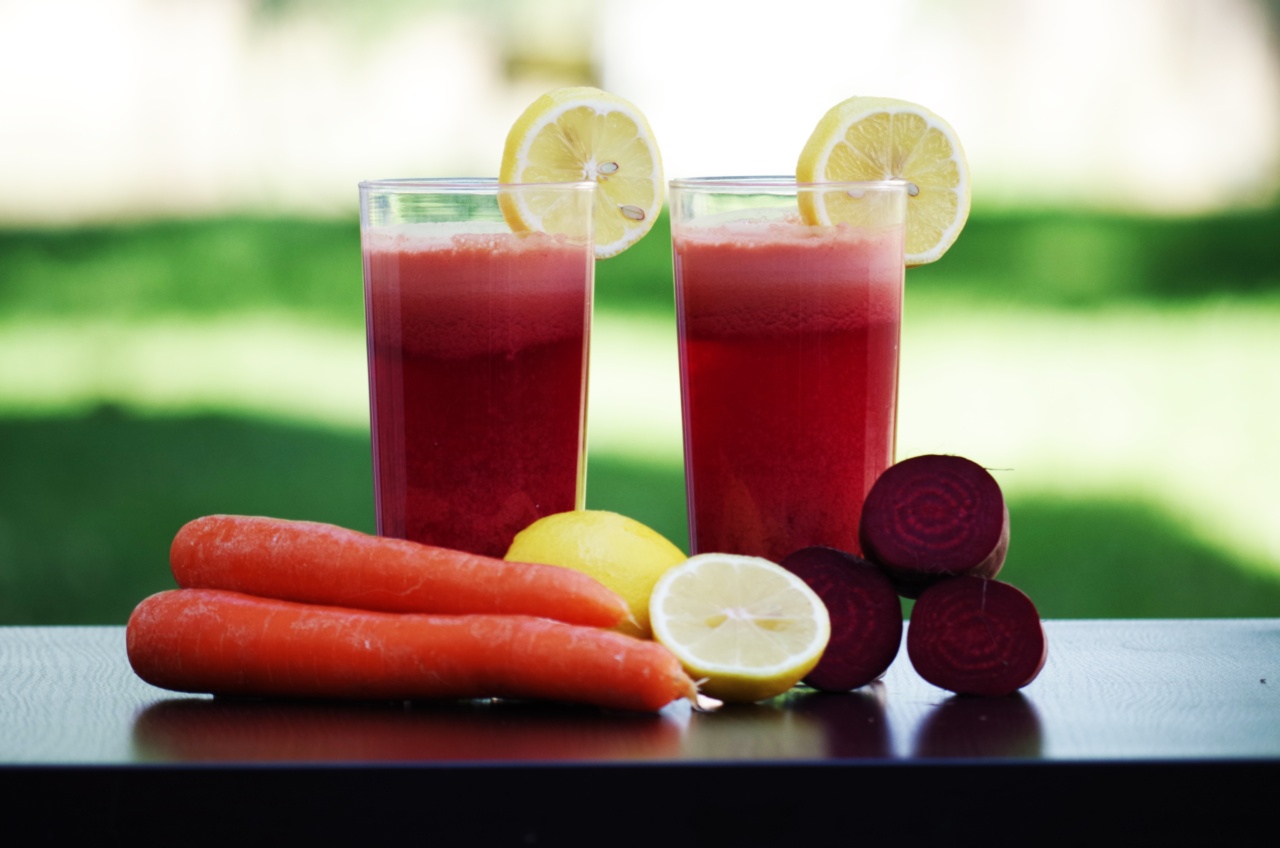Depression is a serious mental health condition that affects many people worldwide. While a variety of factors can contribute to depression, there are certain lifestyle choices, particularly those related to diet, that can exacerbate the condition.
In this article, we will explore the foods and drinks that people with depression should avoid to help manage their symptoms.
Sugar and Sweets
Sugar and sweets can be a major problem for people with depression. When we consume sugary foods and drinks, our blood sugar levels spike, resulting in an energy boost.
However, this boost is often short-lived and is quickly followed by a crash, which can leave us feeling tired, irritable, and moody. Research has shown that high sugar consumption is linked to an increased risk of depression.
Processed Foods
Processed foods are often high in unhealthy fats, sodium, and sugar. These foods are often high in calories and low in nutritional value, which can lead to weight gain and other health problems.
Consuming processed foods can also lead to inflammation, which has been linked to depression. Instead, focus on consuming whole foods like fruits, vegetables, lean proteins, and complex carbohydrates, which can provide your body with the nutrients it needs to function properly.
Alcohol
Alcohol is a depressant, which means that it can worsen symptoms of depression. While drinking alcohol may initially make you feel more relaxed and less anxious, it can actually interfere with the brain’s ability to regulate mood.
Alcohol can also disrupt sleep patterns, which can have a negative impact on mental health. If you are struggling with depression, it is particularly important to avoid excessive alcohol consumption.
Caffeine
Caffeine is a stimulant that can increase alertness and energy levels. However, for people with depression, caffeine can be problematic. Drinking too much caffeine can interfere with sleep, which can exacerbate symptoms of depression.
Additionally, caffeine can cause jitters and anxiety, which can make depression symptoms worse. If you consume caffeine, it is best to limit your intake and avoid drinking it late in the day.
Fried Foods
Fried foods, such as french fries, chicken wings, and fried chicken, are high in saturated and trans fats. These fats can contribute to inflammation, which has been linked to depression.
Additionally, consuming high levels of fried foods and other unhealthy fats can lead to weight gain and other health problems. Instead, focus on consuming foods that are baked, broiled, or grilled, which are lower in unhealthy fats.
Salt
While salt is an essential nutrient, consuming too much can be problematic for people with depression.
High sodium intake has been linked to an increased risk of depression, and excessive salt consumption can also raise blood pressure, which can lead to other health problems. Instead of using salt to flavor your food, try using herbs and spices instead.
Artificial Sweeteners
Artificial sweeteners are often used in place of sugar in many foods and drinks. While they are low in calories, they can be problematic for people with depression.
Studies have shown that consuming high levels of artificial sweeteners can lead to changes in the brain that can contribute to depression. Additionally, some people are sensitive to artificial sweeteners and may experience headaches or other symptoms when consuming them.
Sodas and Energy Drinks
Sodas and energy drinks are often high in sugar and caffeine, making them problematic for people with depression. Consuming high levels of sugar can lead to mood swings and fatigue, while excessive caffeine consumption can cause jitters and anxiety.
Additionally, the artificial colors and flavors used in these drinks can also be problematic for some people.
Processed Meats
Processed meats, such as bacon, sausage, and deli meats, are often high in sodium, unhealthy fats, and preservatives. Consuming high levels of processed meats has been linked to an increased risk of depression.
Additionally, these meats are often high in calories and can contribute to weight gain and other health problems. Instead, opt for lean proteins like chicken, fish, and beans.
Fast Food
Fast food is often high in unhealthy fats, sodium, and sugar. These foods are often high in calories and low in nutritional value, which can lead to weight gain and other health problems.
Additionally, consuming fast food can also lead to inflammation, which has been linked to depression. Instead, opt for home-cooked meals made with whole foods like fruits, vegetables, lean proteins, and complex carbohydrates.





























